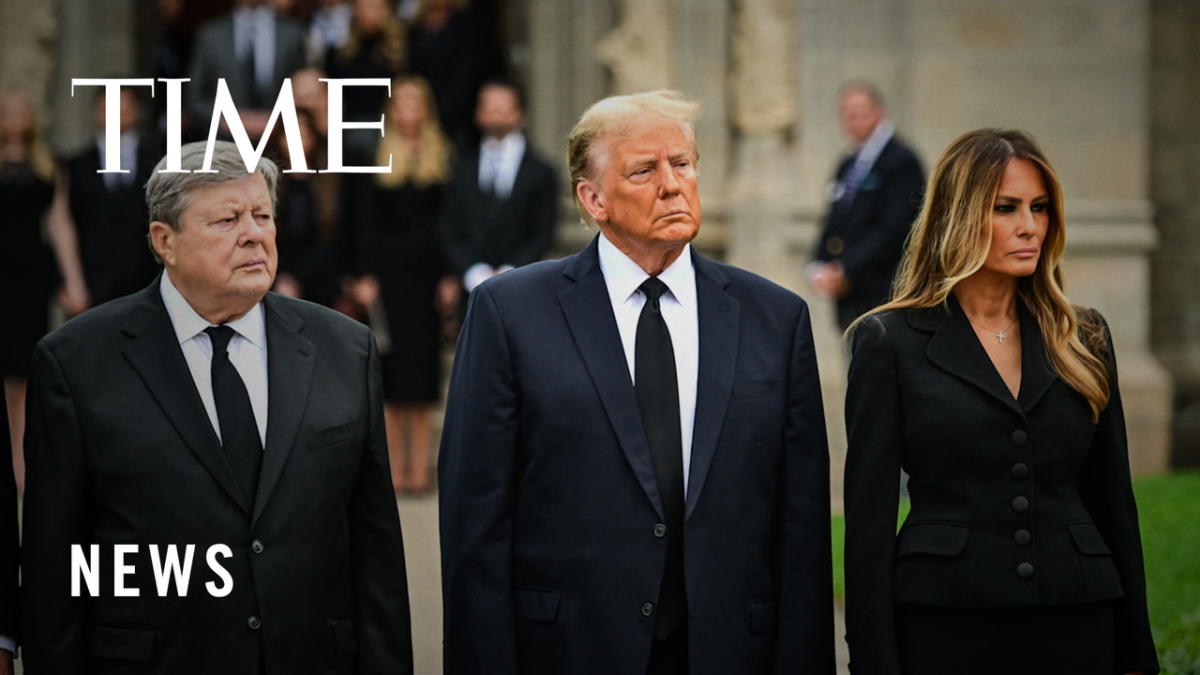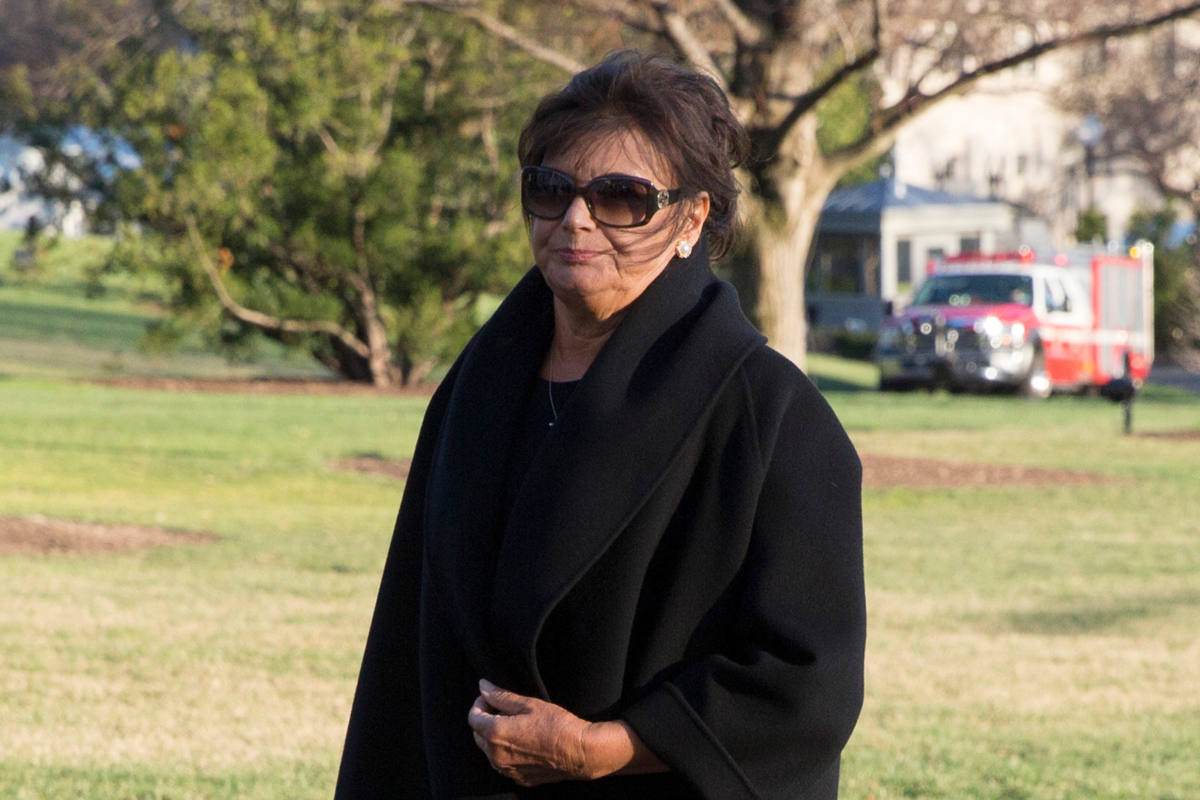Knave's funeral is a concept steeped in historical and cultural significance, offering insights into ancient traditions and societal values. It represents a ceremonial act that has evolved over centuries, reflecting humanity's relationship with death, hierarchy, and morality. This article delves into the origins, symbolism, and modern interpretations of knave's funeral, providing a detailed understanding of its importance in various cultures.
Throughout history, the concept of knave's funeral has intrigued scholars, historians, and enthusiasts alike. This tradition, often associated with medieval practices, provides a fascinating glimpse into how societies viewed the lower rungs of social hierarchies. By exploring its roots and evolution, we can better understand the complexities of human customs surrounding death and honor.
In this article, we will examine the historical context, cultural implications, and contemporary relevance of knave's funeral. Through a thorough analysis of its origins, symbolism, and modern interpretations, we aim to provide a comprehensive resource for those interested in this unique aspect of human history. Let us embark on this journey of discovery together.
Read also:Bryan Adams Wife A Closer Look At His Love Story
Below is the table of contents, which provides an overview of the article's structure and allows for easy navigation:
- History of Knave's Funeral
- Symbolism in Knave's Funeral
- Cultural Impact of Knave's Funeral
- Rituals and Practices
- Modern Interpretations of Knave's Funeral
- Legal Aspects Surrounding Knave's Funeral
- Psychological Perspective on Knave's Funeral
- Knave's Funeral in Literature
- Religious Influences on Knave's Funeral
- Conclusion
History of Knave's Funeral
The history of knave's funeral dates back to medieval Europe, where social hierarchies were rigidly defined. During this period, the term "knave" referred to individuals of lower social standing, often peasants or servants. The concept of a knave's funeral emerged as a way to address the treatment of those who occupied the lower echelons of society in death.
Origins and Evolution
Initially, knave's funeral was a simple burial practice, often devoid of the elaborate ceremonies reserved for the nobility. Over time, however, it evolved to include elements of respect and dignity, reflecting changing societal attitudes toward death and equality. This evolution is evident in historical records and archaeological findings from the medieval period.
Key points:
- Knave's funeral originated in medieval Europe.
- It was initially a simple burial practice for lower social classes.
- Over time, it incorporated elements of respect and dignity.
Symbolism in Knave's Funeral
Symbolism plays a crucial role in knave's funeral, offering deeper meaning beyond the physical act of burial. The rituals and practices associated with this tradition often carry symbolic representations of equality, morality, and the afterlife.
Common Symbols
Some common symbols found in knave's funeral include:
Read also:Gosling Or Reynolds A Detailed Comparison And Exploration
- White cloths: Representing purity and innocence.
- Simple wooden coffins: Symbolizing humility and simplicity.
- Candles: Illuminating the path to the afterlife.
These symbols serve as reminders of the transient nature of life and the ultimate equality of all individuals in death.
Cultural Impact of Knave's Funeral
The cultural impact of knave's funeral extends beyond its historical roots. It has influenced various aspects of modern society, including art, literature, and philosophy. By examining its cultural significance, we can better understand its enduring legacy.
Artistic Representations
Artists and writers have long been inspired by the concept of knave's funeral. Paintings, sculptures, and literary works often depict scenes of knave's funeral, capturing its emotional and symbolic depth. These artistic representations continue to resonate with audiences today.
Rituals and Practices
The rituals and practices associated with knave's funeral vary across cultures and regions. However, certain commonalities exist, reflecting shared human experiences and values. Understanding these rituals provides insight into the cultural and social contexts in which they occur.
Key Rituals
Some key rituals include:
- Processions: Community participation in the funeral procession.
- Prayers: Offering prayers for the deceased's soul.
- Mourning periods: Observing periods of mourning to honor the deceased.
Modern Interpretations of Knave's Funeral
In modern times, knave's funeral has taken on new meanings and interpretations. It serves as a reminder of the importance of equality and respect for all individuals, regardless of social status. Contemporary adaptations of this tradition highlight its relevance in addressing social justice issues.
Contemporary Adaptations
Modern adaptations of knave's funeral include:
- Community-led initiatives to honor marginalized groups.
- Art installations and performances exploring themes of death and equality.
- Documentaries and films examining historical and cultural contexts.
Legal Aspects Surrounding Knave's Funeral
Legal considerations play a significant role in the practice of knave's funeral. In some regions, laws govern the conduct of funerals and burials, ensuring that all individuals receive proper treatment in death. Understanding these legal aspects is essential for preserving the integrity of this tradition.
Key Legal Considerations
Some key legal considerations include:
- Regulations governing burial practices.
- Protections for marginalized groups in funeral arrangements.
- Environmental laws impacting burial methods.
Psychological Perspective on Knave's Funeral
From a psychological perspective, knave's funeral offers valuable insights into human behavior and emotions. It highlights the universal need for closure and the importance of rituals in processing grief. By examining these psychological aspects, we can better understand the emotional significance of this tradition.
Emotional Significance
Knave's funeral addresses the emotional needs of both the deceased and the living. It provides a structured framework for grieving and honoring the deceased, fostering a sense of community and shared experience.
Knave's Funeral in Literature
Literature has long been a medium for exploring the complexities of knave's funeral. Writers and poets have used this tradition as a lens through which to examine human nature, morality, and the afterlife. By analyzing literary works, we can gain a deeper appreciation for the cultural and philosophical dimensions of knave's funeral.
Notable Literary Works
Some notable literary works include:
- Shakespeare's exploration of death and equality in his plays.
- Victorian literature addressing social hierarchies and mortality.
- Modern novels reinterpreting knave's funeral in contemporary settings.
Religious Influences on Knave's Funeral
Religious beliefs and practices have significantly influenced the concept of knave's funeral. Many religious traditions incorporate elements of knave's funeral, emphasizing the spiritual and moral dimensions of death. By examining these religious influences, we can better understand the theological underpinnings of this tradition.
Religious Practices
Some religious practices include:
- Christian rituals for honoring the deceased.
- Hindu traditions addressing death and reincarnation.
- Islamic customs for ensuring respectful treatment of the dead.
Conclusion
In conclusion, knave's funeral represents a rich tapestry of history, culture, and human experience. From its medieval origins to its modern interpretations, this tradition continues to offer valuable insights into our understanding of death, equality, and morality. By exploring its various dimensions, we can appreciate its enduring relevance and significance.
We invite you to share your thoughts and reflections on knave's funeral in the comments below. Your input helps enrich our collective understanding of this fascinating tradition. Additionally, feel free to explore other articles on our site for further insights into related topics. Together, let us continue to learn and grow in our appreciation of humanity's shared heritage.


:max_bytes(150000):strip_icc():focal(725x176:727x178)/amialija-knav-funeral-melania-trump-mother-mom-011824_1222-fb4266ac422c4052b146b6dfc7b03654.jpg)